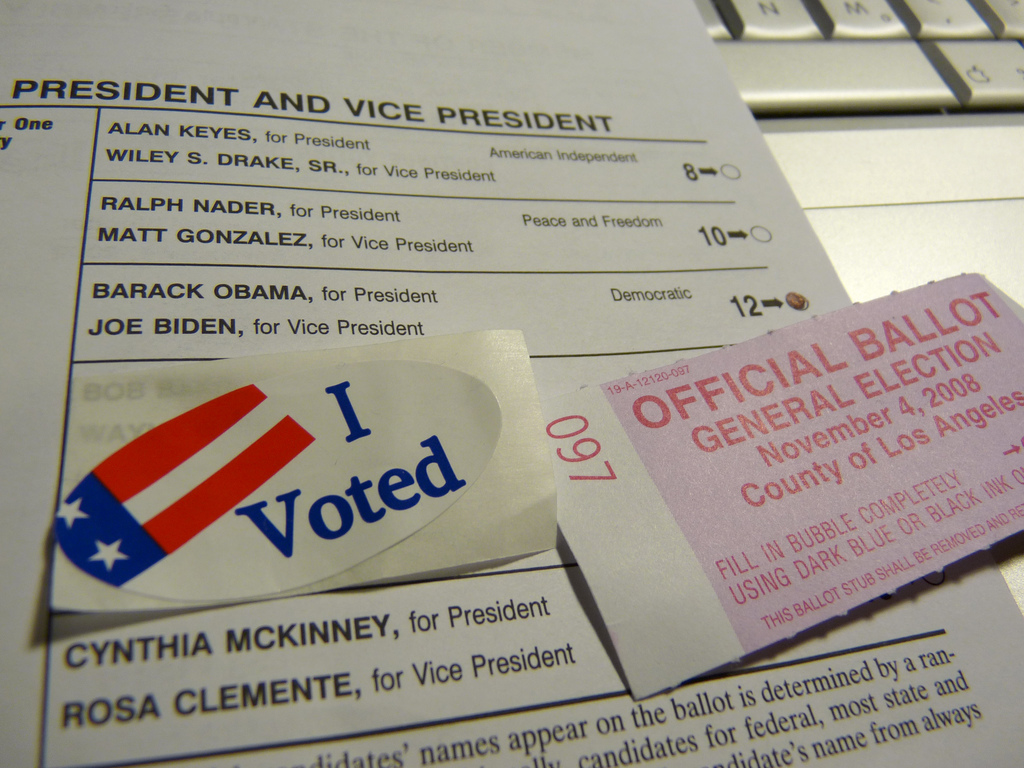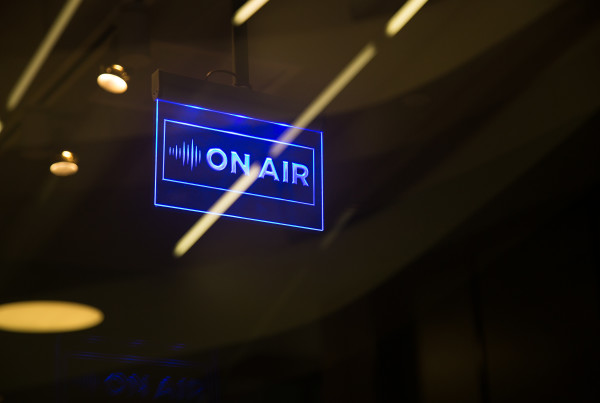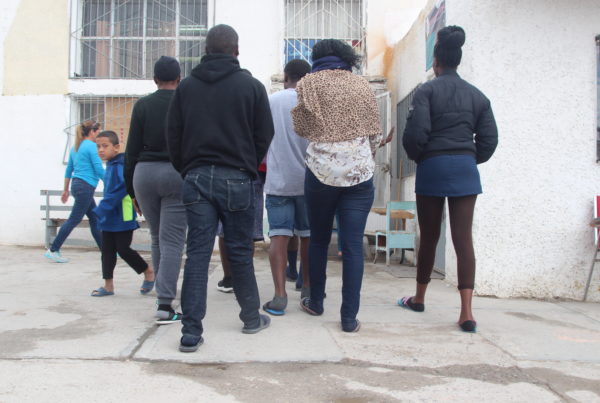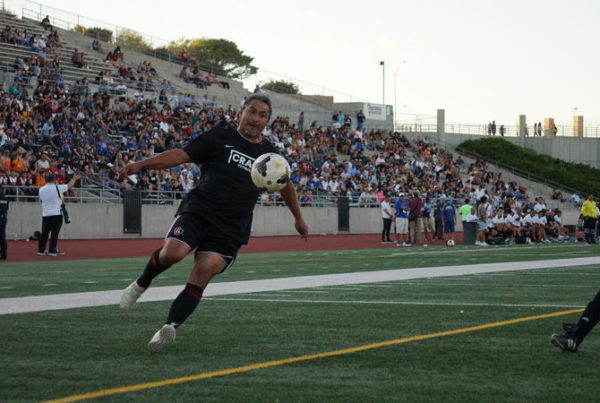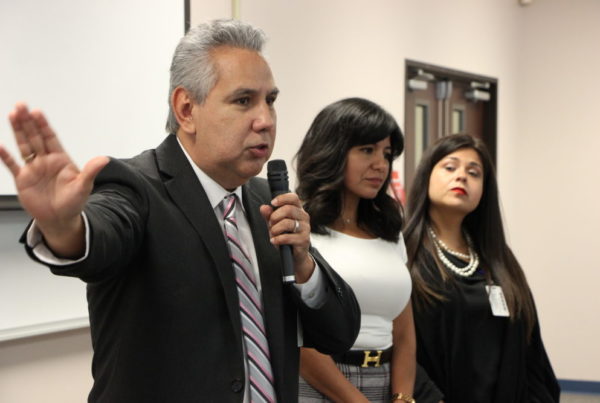Texas allows some voters — including seniors, people with disabilities, and those living abroad – to cast ballots by mail. But a new lawsuit claims at least 1,800 mail-in ballots were rejected in the 2018 election.
The Texas Civil Rights Project is suing the state on behalf of two Texans whose votes were not counted. Local officials said the signatures on their ballots did not match the voters’. But the lawsuit questions those local officials authority to decide whether the signatures are authentic?
Rocky Rhodes is a professor of law at South Texas College of Law in Houston. He says signatures on mail-in ballots are typically judged by an early-voting ballot board or signature verification committee.
“The signature verification committee is a group of laypersons, divided by political parties, and it essentially compares the signatures on the outside of the carrier envelope… to the signature on the application, or to signatures that are on file in the county for the last six years,” Rhodes says.
There have been many challenges to mail-in signature verification in other sates, Rhodes says. What makes the Texas cases unusual is that the state does not offer any notice that a ballot has been rejected for signature reasons, or an opportunity to appeal a rejected ballot.
Rhodes says one of the plaintiffs in the current case didn’t learn his ballot had been rejected until ten days after the election.
“In most other states that have similar boards, the voters have an opportunity to correct any deficiencies, and present their side of the story,” Rhodes says. “And that’s a basic concept of due process of law.”
In other instances where the government deprives citizens of their rights, Rhodes says, it must provide notice, and a chance to appeal. That’s the essence of due process.
“There’s been a lot of successful lawsuits in other states, where similar procedures have been challenged,” Rhodes says.
He says other states have provided a means for voters to challenge exclusion of their vote, and to have the ballot counted if the challenge is successful. He says that bodes well for the plaintiffs in the Texas suit. But they probably won’t succeed in arguing that only signature experts can rule on exclusion of ballots.
“I don’t think they’re going to be able to say that laypersons can’t be involved in reviewing [ballot signatures],” Rhodes says. “But we’ve had decisions like this be made all the time. They’re called juries.”
Written by Shelly Brisbin.


